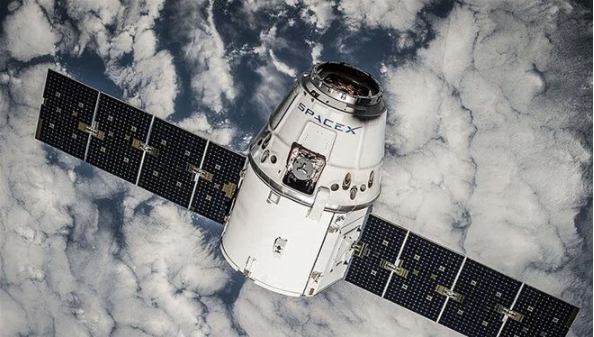Scientists investigated the likelihood of rocket debris resulting in a fatal event on Earth during these 10 years

The problem of where and how abandoned rockets re-enter Earth is growing increasingly important as nations and private enterprises step up their space research. According to a new research published in Nature Astronomy on Monday, there is a 10% risk that one or more deaths will occur over the next decade if present practices of uncontrolled rocket re-entries continue, and they will most likely be in the Global South.
Governments need to take action and demand that rockets are directed down to Earth after their usage rather than falling erratically, according to academics lead by Dr. Michael Byers, a professor in the department of political science at the University of British Columbia.
The team of researchers, which included Dr. Aaron Boley, Canada Research Chair in Planetary Astronomy at UBC, and two students, calculated the potential risk that uncontrolled rocket body re-entries have on human life over the next ten years using more than 30 years’ worth of data from a public satellite catalog. Satellites and other spacecraft are launched using rockets, which are frequently kept in orbit after the launch. But since everything that goes up must ultimately come down, the bulk of orbits are discovered to be in equatorial areas, which puts the Global South at higher danger when rocket debris comes down to earth, according to the study’s experts.
The authors argue that because they are responsible for the bulk of rocket launches, wealthier countries in the northern hemisphere have a duty to address this issue before someone is murdered.
On the basis of the present rocket body population in orbit, the article concludes that “Jakarta, Dhaka, Mexico City, Bogotá and Lagos are at least three times as likely as Washington, DC, New York, Beijing and Moscow to have a rocket body return over them.”
According to the study, poverty makes the disproportionate danger that the Global South suffers worse since it results in less protection from structures like buildings. 80 percent of the world’s population, according to NASA, “lives in unprotected or barely shielded structures giving inadequate protection from falling debris.”
Simply to save money, many businesses and governments decide to abandon rockets in orbit. The danger of casualties has historically been modest, but as space exploration advances, the likelihood of a human impact is growing. The authors of the study claim that spacefaring nations and businesses have the engineering and mission plans to eliminate this danger.
One approach is having re-ignitable engines and using more fuel to direct the rocket bodies to distant ocean regions. A different alternative would be for national governments to develop new guidelines for launches from their nations and businesses.
The research also calls on the main spacefaring states to require regulated rocket entry and to negotiate a settlement or treaty on behalf of the national governments whose populations are disproportionately at risk of harm or death from rocket debris. According to the report, a global convention might not be approved by spacefaring nations, but it would set new standards and raise awareness of the problem.
No casualties have been documented thus far in the thirty years of rocket orbit data collection. Byers claims that this is the result of both chance and maybe inadequate reporting.
“One might envision a little piece of metal falling from the sky killing someone in a developing country’s rural area or a megacity in the Global South. Will that be identified as a rocket body fragment? Will such development be covered by the international media? The key issue is that there haven’t been any documented deaths, he said.
When whole rocket stages fall to Earth as debris, many of the fragments might be deadly to persons on land, at sea, and in aircraft.
Despite the fact that over 60% of all space launches result in the abandonment of a rocket body in orbit, there are currently no treaties that address rocket body reentries or generally accepted casualty risk levels. According to Byers and the study’s researchers, there is a gap between the sophisticated technologies utilized to develop these space missions and the subsequent disregard for how rockets re-enter the planet.
Byers, who is carrying out more study on the subject of space debris, asserted that the issue may be resolved with political will and present technology. “How we achieve the sustainable development of space is a broader puzzle, of which our study is but one piece.”




